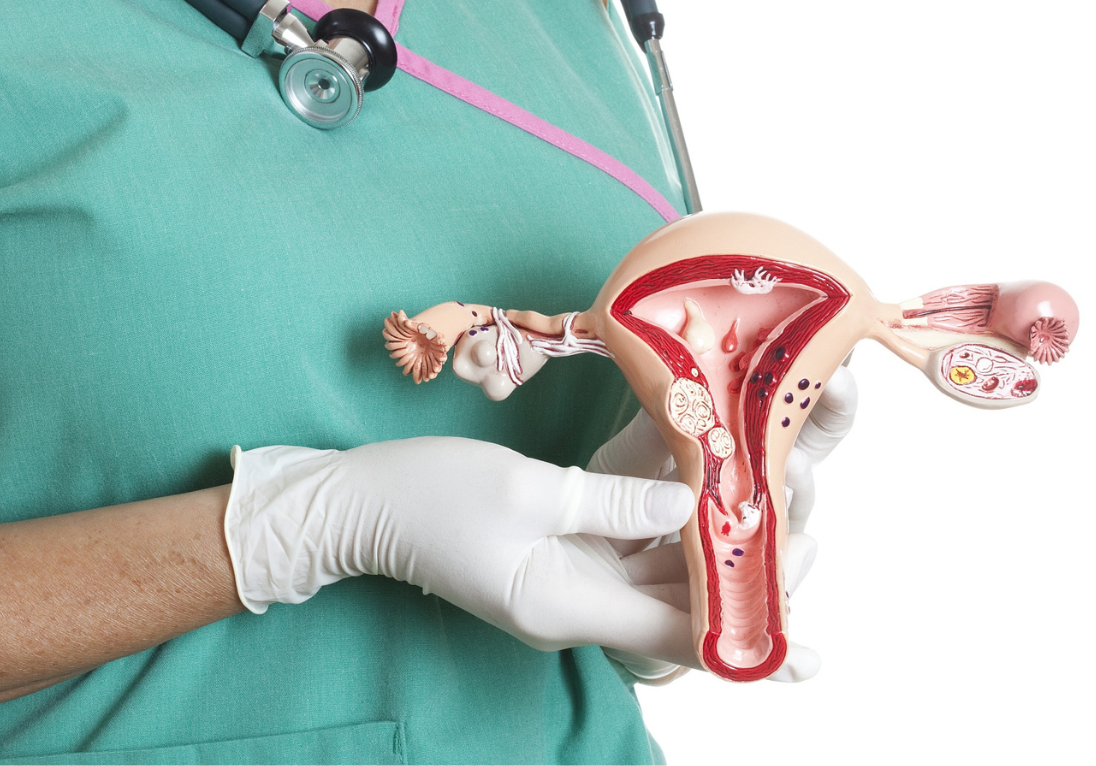
Know about Cervical Cancer
June 02, 2022Cervical cancer develops in the lower uterus, which is directly connected to the vaginal entrance. The HPV human papillomavirus is responsible for cervical cancer, which is transmitted sexually during intercourse.
When a person is infected with HPV, the immune system fights back to protect the body. However, the virus can live for many years, gradually transforming cervical cells into cancer cells.
Cervical cancer can be prevented by taking a screening test and getting vaccinated against HPV infection.
Cervical cancer symptoms - Cervical cancer does not create any symptoms in its early stages.
However, if detected early enough during the other stages of cervical cancer, symptoms are readily obvious -
- Vaginal bleeding during or after menopause, or in between periods
- Vaginal discharge that is bloody and watery with a strong bad odour
- Frequent intercourse pain and pelvic pain.
Causes of cervical cancer –
Cervical cancer develops over time when the cervix gets mutations in its DNA. After a certain amount of time has passed, these healthy cells will die. However, the cells expand and multiply without proliferating following the alterations. These cells then collect aberrant cells, forming a lump or tumour.
These cancer cells then infiltrate surrounding cells, forming tumours that spread throughout the body. Although the exact cause of cervical cancer is unknown, it is obvious that HPV plays a role in its development.
Vaccination, regular Pap tests, and safe sex are the only ways to avoid it.

